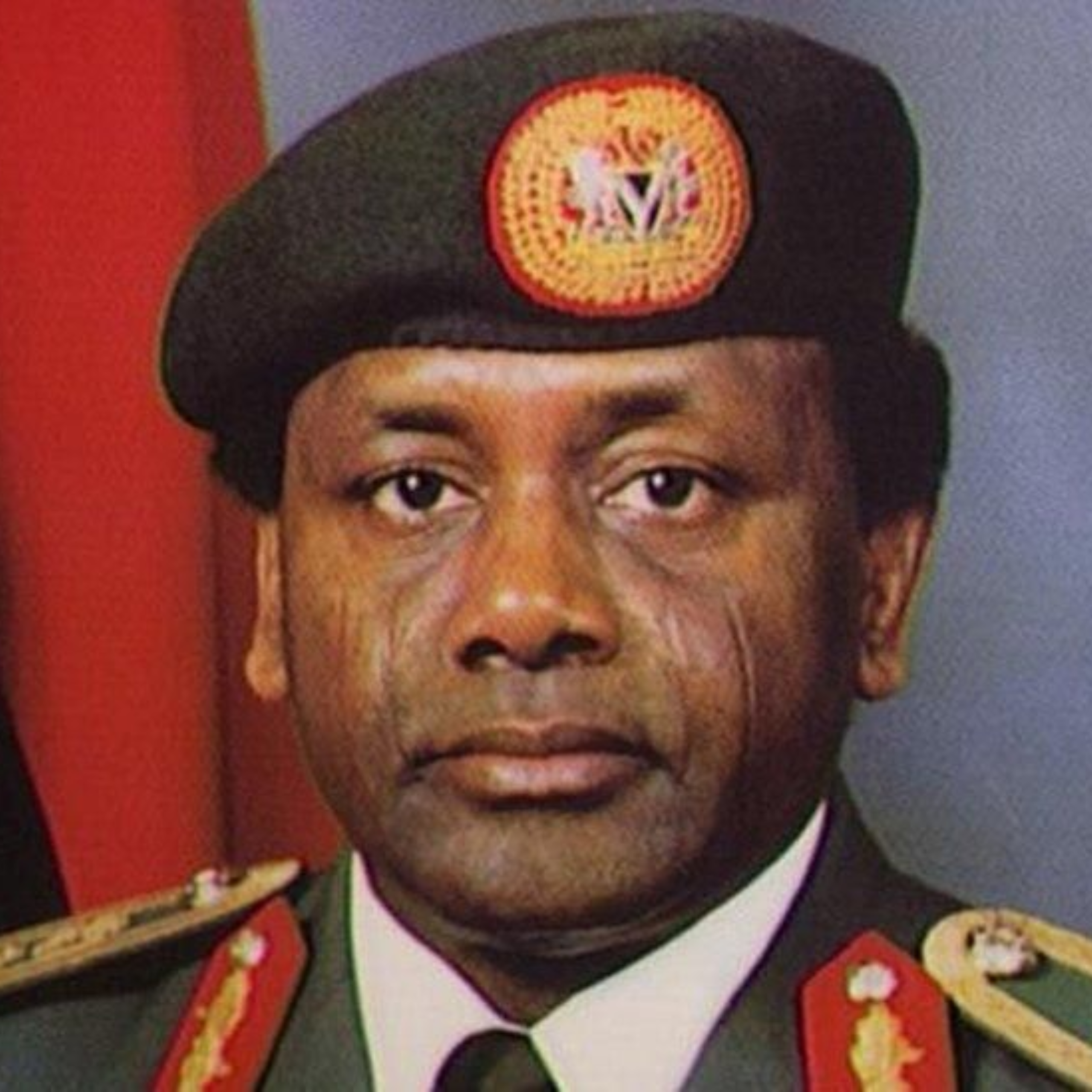Nigerian Military Leader Sani Abacha: Controversial Legacy and Denial of Poisoning Rumors Surrounding His Death
Sani Abacha GCFR, a prominent Nigerian military officer and politician, rose to power through a military coup in 1993, overthrowing the interim civilian government led by Chief Ernest Shonekan. Born on September 20, 1943, in Kano, Abacha attended the Nigerian Military Training College and went on to achieve various significant positions within the military. Throughout his career, Abacha played notable roles in several military coups in Nigeria. He actively participated in the July 1966 Nigerian counter-coup and likely had involvement in earlier coup phases that occurred in January of that year. He also fought in the Nigerian Civil War as a platoon and battalion commander and later became the commander of the 2nd Infantry Division in 1975. In 1983, Abacha held the position of the general officer commanding of the 2nd Mechanised Division and became a member of the Supreme Military Council.
Abacha’s involvement in Nigerian politics continued as he played a significant role in the 1983 Nigerian coup d’état that brought General Muhammadu Buhari to power and the subsequent 1985 Nigerian coup d’état that removed Buhari and brought General Ibrahim Babangida to power. When Babangida became the President and Commander-in-Chief of the Armed Forces in 1985, Abacha served as the Chief of Army Staff and later became the Minister of Defence in 1990. During the crisis of the Third Republic, Abacha orchestrated the 1993 coup d’état that ousted the Interim National Government of Ernest Shonekan. He justified the coup as necessary to establish stability amidst the socio-political uncertainties caused by the 1993 presidential election. However, his rule was marked by human rights abuses, political assassinations, and the consolidation of power.
While Abacha’s regime saw some economic achievements, including improvements in infrastructure and foreign reserves, his government was widely criticized for its authoritarian practices. Abacha issued decrees that placed his government above the jurisdiction of the courts and allowed for the detention of individuals without trial. His rule was characterized by a lack of respect for human rights and dissenting voices.
On June 8, 1998, Abacha passed away at the Aso Rock Presidential Villa in Abuja under controversial circumstances. While the government officially declared his cause of death as a sudden heart attack, there were speculations of assassination and poisoning. His chief security officer, Hamza al-Mustapha, believed that Abacha was poisoned by Israeli operatives in the presence of Yasser Arafat. Abacha’s death led to a transition of power, with General Abdulsalami Abubakar assuming the role of head of state and the establishment of the Fourth Nigerian Republic.
Abacha was married to Maryam Abacha and had seven sons and three daughters. Following his death, he became a grandfather, with a total of thirty-three grandchildren as of 2018.
Major Hamza Al-Mustapha, who served as Abacha’s Chief Security Officer, has refuted rumors suggesting that Abacha died from consuming an apple given by his concubines. According to Al-Mustapha, Abacha’s health deteriorated after a handshake with one of President Yasser Arafat’s security personnel at Abuja International Airport on June 7, 1998. Despite medical efforts to stabilize him, Abacha’s condition worsened, and he eventually passed away. Al-Mustapha has strongly denied the allegations of women or poisoned apples being involved in Abacha’s death.
During the crisis surrounding Abacha’s demise, there were suggestions from Lieutenant General Ishaya Rizi Bamaiyi to take over as the new Head of State, which raised suspicions among security agencies. Al-Mustapha, concerned about the situation, decided to relocate Chief MKO Abiola to a safer location. Junior officers overheard Bamaiyi’s suggestion and proposed a plan to eliminate all members of the Provisional Ruling Council (PRC) and frame their deaths as a shootout with Abacha’s bodyguards during a PRC meeting.
After seeking advice from retired Generals Buba Marwa and Ibrahim Sabo, Al-Mustapha opted against resorting to violence. Instead, they recommended supporting the most senior officer in the PRC, General Jeremiah Useni, as the new Head of State. General Ibrahim Babangida also advised against bloodshed and supported Useni’s appointment. However, Bamaiyi criticized Al-Mustapha, suggesting that Useni, being the last person with Abacha, might have poisoned him due to his seniority in the PRC
